We kindly inform you that, as long as the subject affiliation of our 300.000+ articles is in progress, you might get unsufficient or no results on your third level or second level search. In this case, please broaden your search criteria.
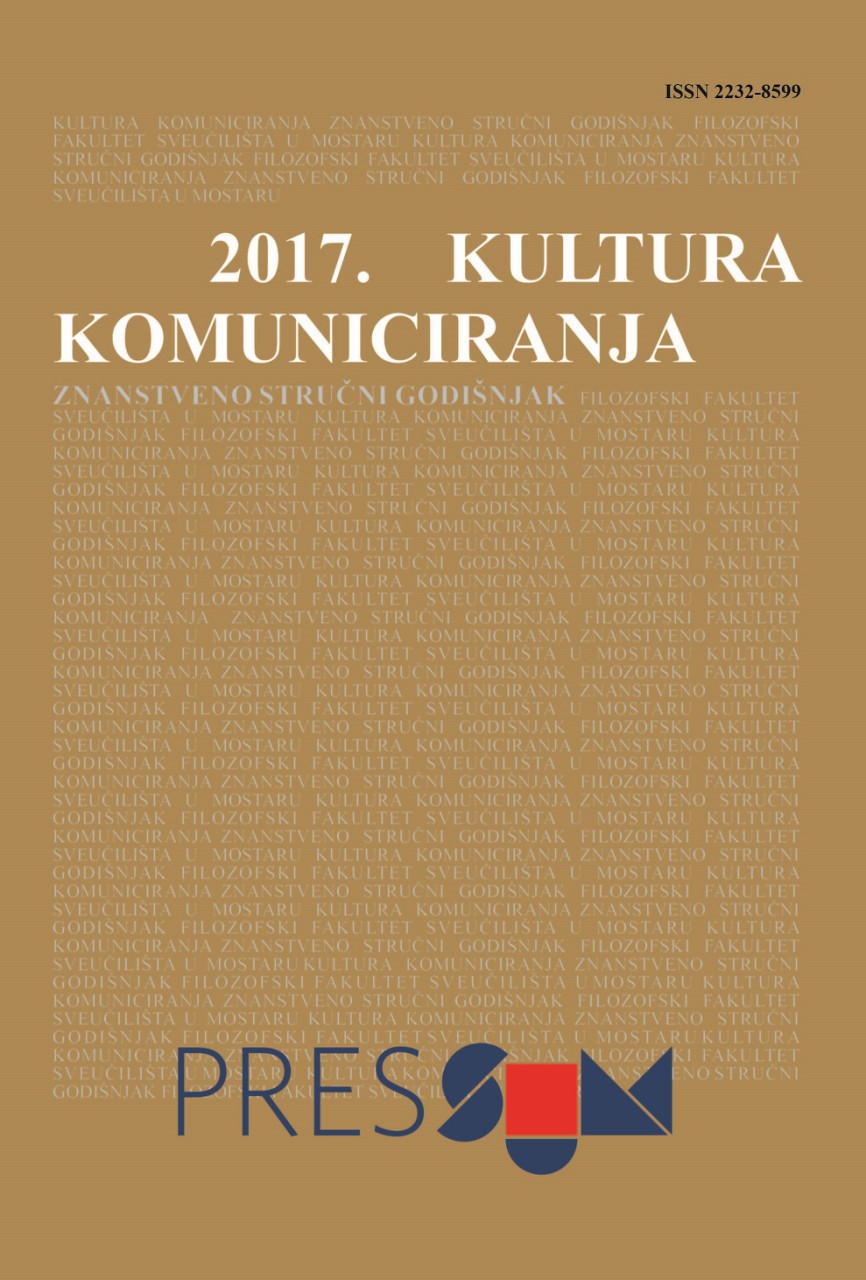
With Bratislava guidelines there must be a search for the solution of numerous crises in the European Union because the guidelines, which in fact are not guidelines, are a convincing proof of unwillingness of the EU to deal with internal structural reforms after Brexit. In the near 60-year-old history of the EU, whenever the EEC/EC, i.e. the EU, faced structural crises and/or outer geopolitical attacks, a well-thought-of step forward towards a deeper integration was taken, ignoring the concepts of returning the EU to a union of national states. Today this option is back in play. An elitist concept of core Europe and implied satellites needs to be feared as well, because, in the end, they also denote a suspension of the acquis and paving a path towards a two-speed EU, in the core of which there would be more developed members and on the periphery the satellites – the poor countries. That would, de facto, mean abandonment of the EU as it has become through autochthonous development, which could especially be regretted post festum in the peripheral countries of the EU and those which are in the accession process. Their future in the EU would be postponed or suspended. Today the outer and inner opponents of deeper integration within the EU are becoming louder and louder, so that even leading EU experts such as Jürgen Habermas thought that it would be valid to try saving the EU with the core Europe concept which would be tolerated by those countries which could not follow the accelerated tempo and federalist heading of deeper integration. Therefore, this paper inquires about possible directions of surpassing the numerous crises of the EU with the help of early and present Habermas’s instruction, while questioning those as well. The unhidden ambition of the paper is to answer the question: Do the Western Balkans countries have a future in the EU?
More...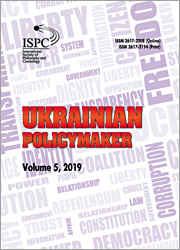
The article explores the reasons for the failure of modernization of contemporary Ukrainian society hitherto. The conclusion about their deep value nature is grounded. Hence, it is proposed to look for ways of successful modernization based on pivotal cultural and historical traditions that have a consolidating, consensus character for all regions of multicultural Ukraine and for the Ukrainian civil nation as a whole.
More...
The phenomenon of refurbished ethnic nationalism, which, in the republics of former Yugoslavia, had started already in the late eighties and early nineties, have undoubtedly had devastating consequences for numerous citizens of all successor states. The armed conflicts in the 90-ies have been fuelled by the discourse based on excessive self-victimisation, highly mediatised revival of frustrations originating from the First and the Second World and nationalistic myths. In spite of the fact that the last two decades have brought relatively peaceful coexistence, the global economic crisis and new vague of migrations from Middle East and Africa have caused the revival of the nationalistic discourse all over Europe, including the countries of former Yugoslavia. However, all ex-Yugoslav countries share an important legal, political and cultural heritage, while, during at least last twenty years, the perspective (or realization) of the membership in the EU have certainly had certain calming effects on inter-ethnic relations in the entire region now often referred to as the Western Balkans. One of the important vectors of influence that the EU has – both on its member states and on candidates for membership – is the process of harmonisation of national legislations with the EU acquis. Notwithstanding the fact that the effect of this process on nationalistic discourse and hatred that it generates are mainly meta-legal and indirect, it is beyond any doubt that the EU’s political agenda and its legal and economic system can give significant incentive to the reduction of interethnic tensions. The ambition of this article is to demonstrate the results in this process, the obstacles that are still on its way, as well as to propose some solutions.
More...
The paper is devoted to the analysis of EU legal order’s impact on non-member states. EU law serves as the main tool for this process as the expansion of EU law outside of the Union is one of the priorities of its external actions. This is implemented through conclusion of international treaties with third countries. The author investigated provisions of association and partnership agreements of the European Union with different countries. The conducted analysis lets us make conclusions on the character and ways of influence of EU law on legal systems of non-member states, which depend on the level of cooperation between the parties that is precisely determined by relevant international agreements.
More...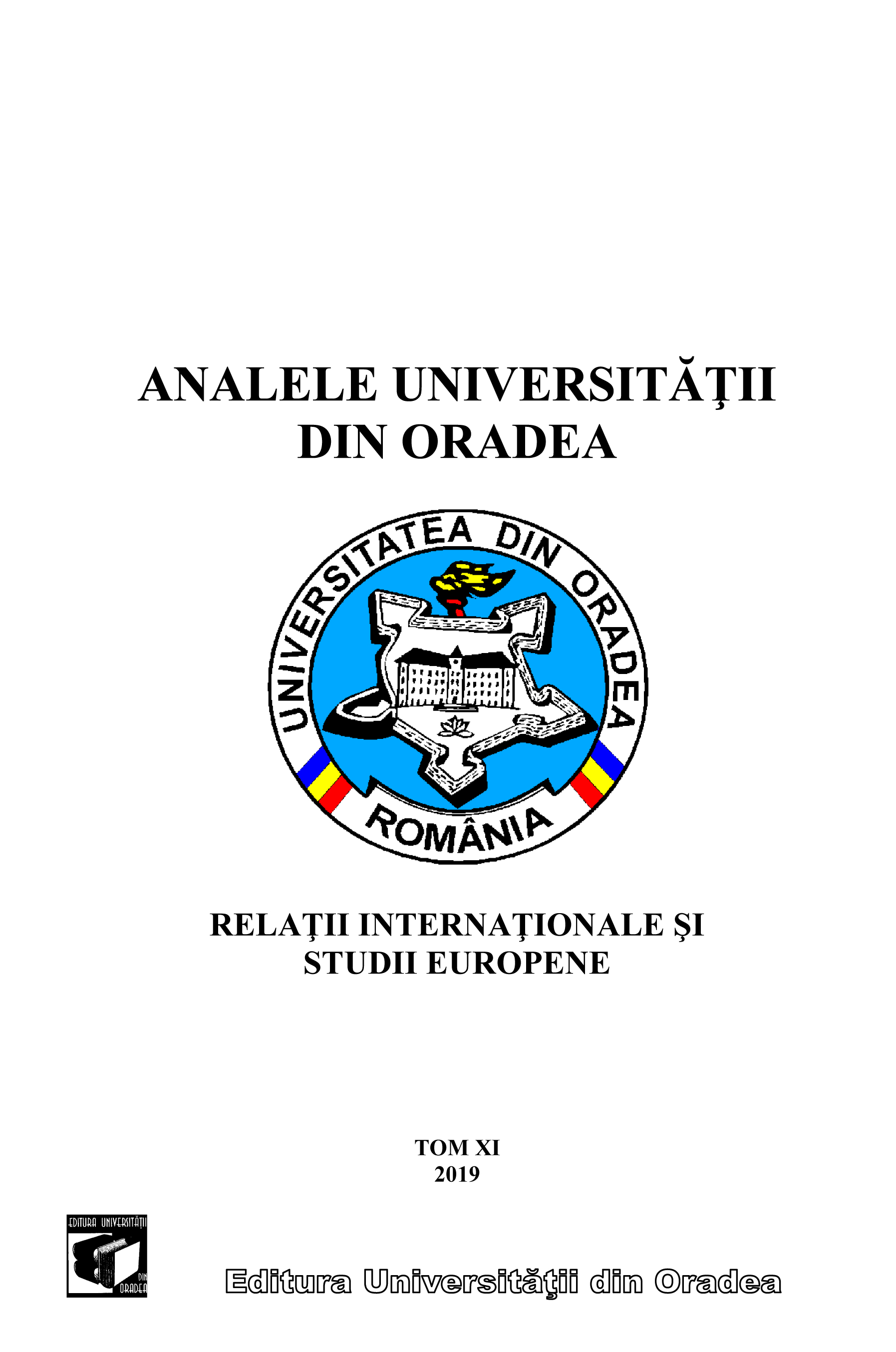
Europe faces major crises. One of the main challenges towardsintegrating migrants, especially between how is state` s security seen in the XXI centuryand how minority issues can influence the agenda setting process. It is to see how themanagement of borders and internal policies can cope with an increasing pressure uponcitizens welfare. Also, the European governance is ready to provide solutions to all theseproblems in different ways. For this, the emphasis should be placed on lobby andadvocacy technics for future trends in migrationl security. Beside the area of EU’sLiberty, Justice and Security Area, limitations and challenges upon migration security,the European governance, lobby and advocacy for sustainable migration policies andother perspectives in the relationship between EU institutions and migration security, it isimportant to take into consideration the relation with third countries.Before those challenges for European Union the enlargement in the West Balkanswas a priority, but for now this objective is postponed. Serbia, as a candidate country forEuropean integration can not be part of it in the near future, even if its most negotiationchapters are advanced. Migration crise also affects the periphery of Europe, not only theimportant centers of power. West Balkans must face the migratory population crisis aswell, but it does not have so many intruments like central Europe. Serbia and othercountries from that area must face the migration problem and it also needs to continuedevelopment for the future integration, which is a double effort.The main objective is to show the connection between the accession negotiationsbetween Serbia and the European Union and the migrations crisis. In this way, thedocument analysis is helpful. There could be seen the differents from the Europeanreports before the migration phenomenon and after. Also, the conflictual context thatstarted in Syria is an important factor.
More...
Romania has been a net beneficiary of the Cohesion Policy, one of the main EU policies, since joining the European Union in 2007. Nowadays, Romania is still facing problems in the use and absorption of structural and cohesion funds, generated by the complex bureaucratic procedures, that are not imposed by the European Union.Simplification measures have been discussed and agreed between the European Commission and the European Parliament, inclusively for the 2014-2020 programming period. At the national level, the simplification measures proposed, in general, can lead to the reducing of bureaucracy, to facilitating the access of the beneficiaries to the non-reimbursable funds allocated to Romania, as well as to the balanced progress of the development regions.
More...
The aims of the article is to present the existing obstacles, problems and tensions and proposed solutions in the integration process of the non EU migrants with a special regard on Central, South and Eastern Europe. Also, is focusing on a wide variety of European development and regional policies, which represents the solution for a permanent and harmonious development of the border regions.The issue of national minorities and the so called „new minorities” are, in the process of European construction, one of the most important aspects that European countries have had to manage. Learning about and researching minorities, for them to transmit knowledge and experience to young people through education, have become an essential pillar of European values on the construction of an intercultural society based on direct and indiscriminate cooperation and collaboration between ethno-religious communities. It is known that European legislation and practice promote the idea of living together in the sense of social value consisting in accepting otherness, good understanding of the various ethnic groups with in the same local communities and openness to communication and cooperation. Nowadays Europe is faced with the dilemma of to receive or to refuse non EU migrants. In the given circumstances European public space became a geopolitical environment that is experiencing a new institutional arrangement between nation states and a new paradigm of coexistence of the cultural differences. After a brief interpretation of the key terms, we will focus on the financial instruments, which aim is promote the integration of traditional and new minorities in the European society.
More...
Review of: Farer, Tom, Migration and Integration: The Case for Liberalism with Borders, Cambridge: Cambridge University Press, 2019
More...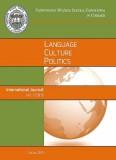
The challenges of the implementation of the provisions of the EU Regional policy in Ukraine are determined in this article. The history of cooperation between Ukraine and the EU in the framework of the EU-Ukraine Association Agreement and Association Agenda are investigated here. The main features of the cross-border cooperation and perspectives of further development of regional policy in Ukraine are described in the article.
More...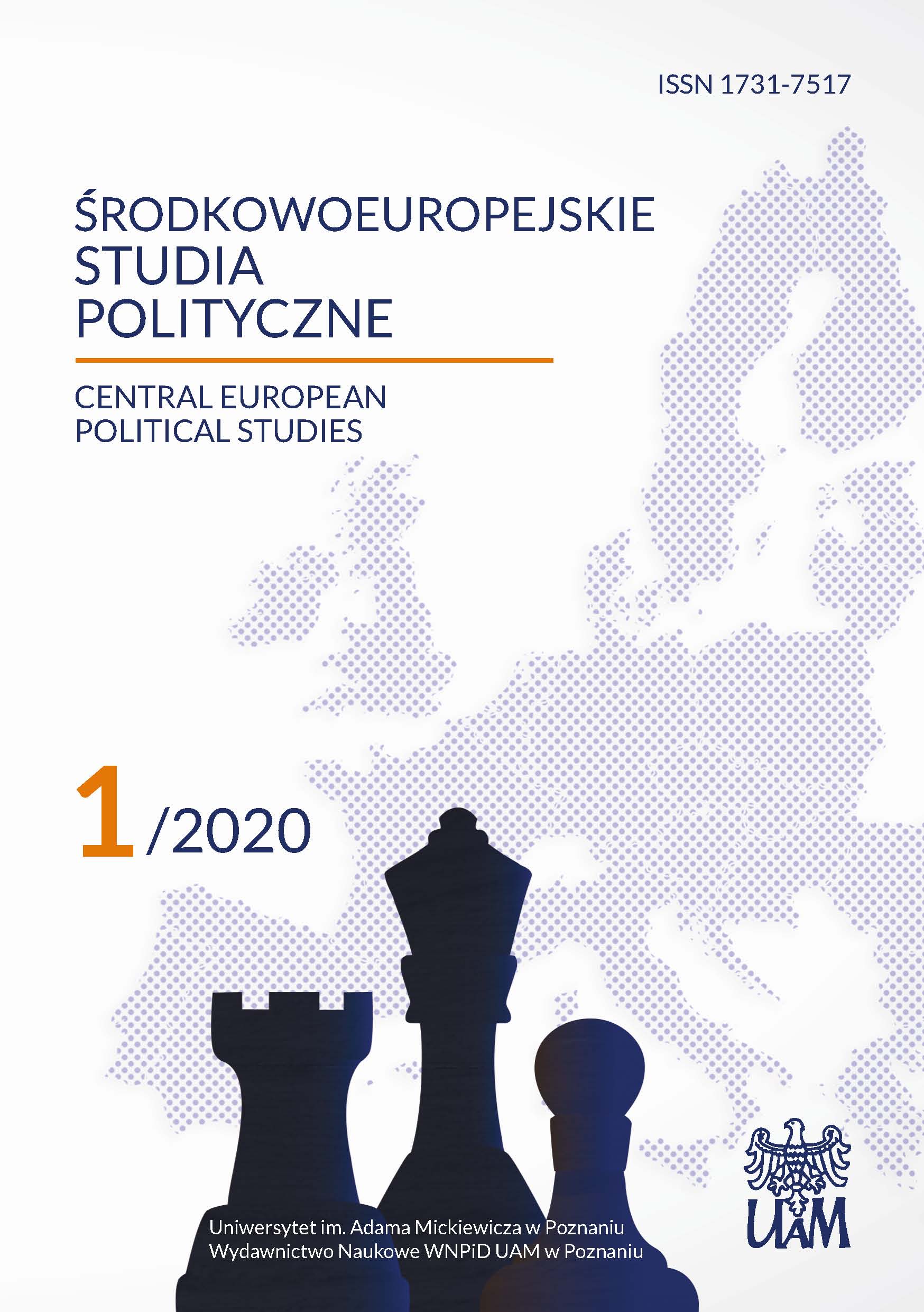
The author has analyzed the European Union’s policy towards Ukraine and put forward a thesis that, in view of Russia’s opposition and the lack of progress in internal reforms, Ukraine has no immediate prospects of EU membership. Although Ukraine has been granted political and financial support in the aftermath of the Russian aggression (annexation of Crimea and war in Donbas), the extent of bilateral cooperation is limited to the signing of an Association Agreement and the abolition of the visa requirement for Ukrainian citizens. Economic sanctions against Russia symbolize the unity of EU member states, but remain the only instrument that can stop the neo-imperial intentions of the Russian Federation. This study employs the methods of systemic, institutional and legal analysis and the decision method.
More...
REVIEW OF: Hans Vollaard; European Disintegration: A Search for Explanations; Palgrave McMillan, 2018 ISBN 978-1-137-41464-9 (paperback), 265 pages
More...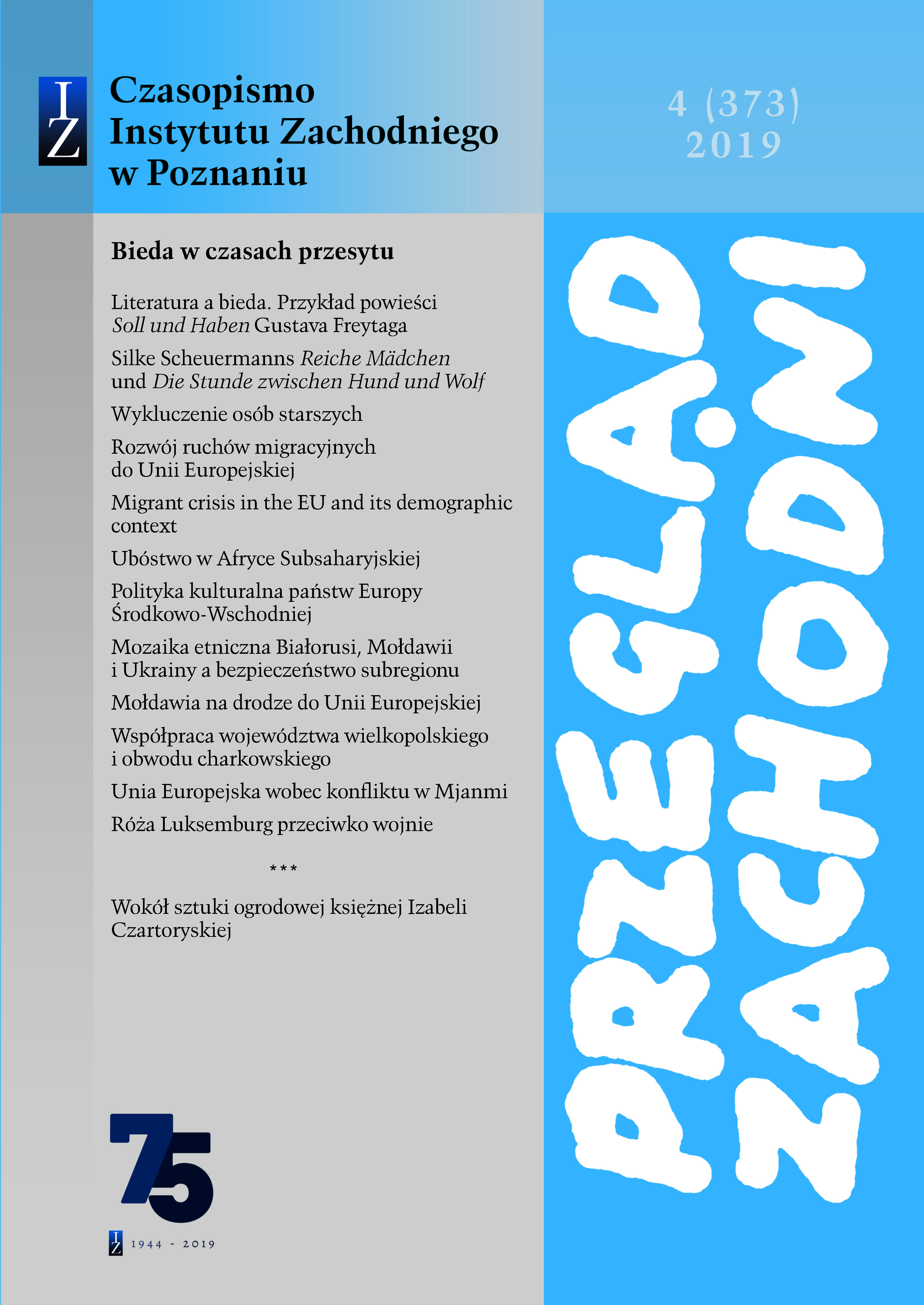
The aim of the article is to identify and characterize the most important challenges facing Moldova in the context of the dynamic process of its accession to the European Union (EU) in the second decade of the 21stcentury. The research hypothesis of the article is as follows: Moldova's rapid participation in the EU is hindered by many vital internal problems which must be solved by the centre of powerin Chisinau. In this context, the answers to the following research questions seem to be veryimportant: •What economic and social challenges does Moldova have to face? •What political challenges does Moldova have to address? •How do the Moldovan authoritiesrespond to these challenges? The author divided the challenges into two categories: economic and social challenges on the one hand, and political challenges on the other. This division was inspired by the Copenhagen Criteria adopted by the European Council in 1993, which are a set of criteria that must be met by a state in order to be accepted into the European Community. In the case of the first group of challenges, the following phenomena were distinguished and presented as the most important: the economic weakness of the state, the problem of labour migrations, the issue of human trafficking. Among the policy challenges, corruption, instability of the authorities and the lack of full control over the territory of the state were presented. In the course of the research, methods and techniques characteristic of political sciences were used, among others: analysis of documents, secondary analysis of quantitative research, deduction. Due to thesubject of the article, the events of the second decade of the 21stcentury were considered as priorities.
More...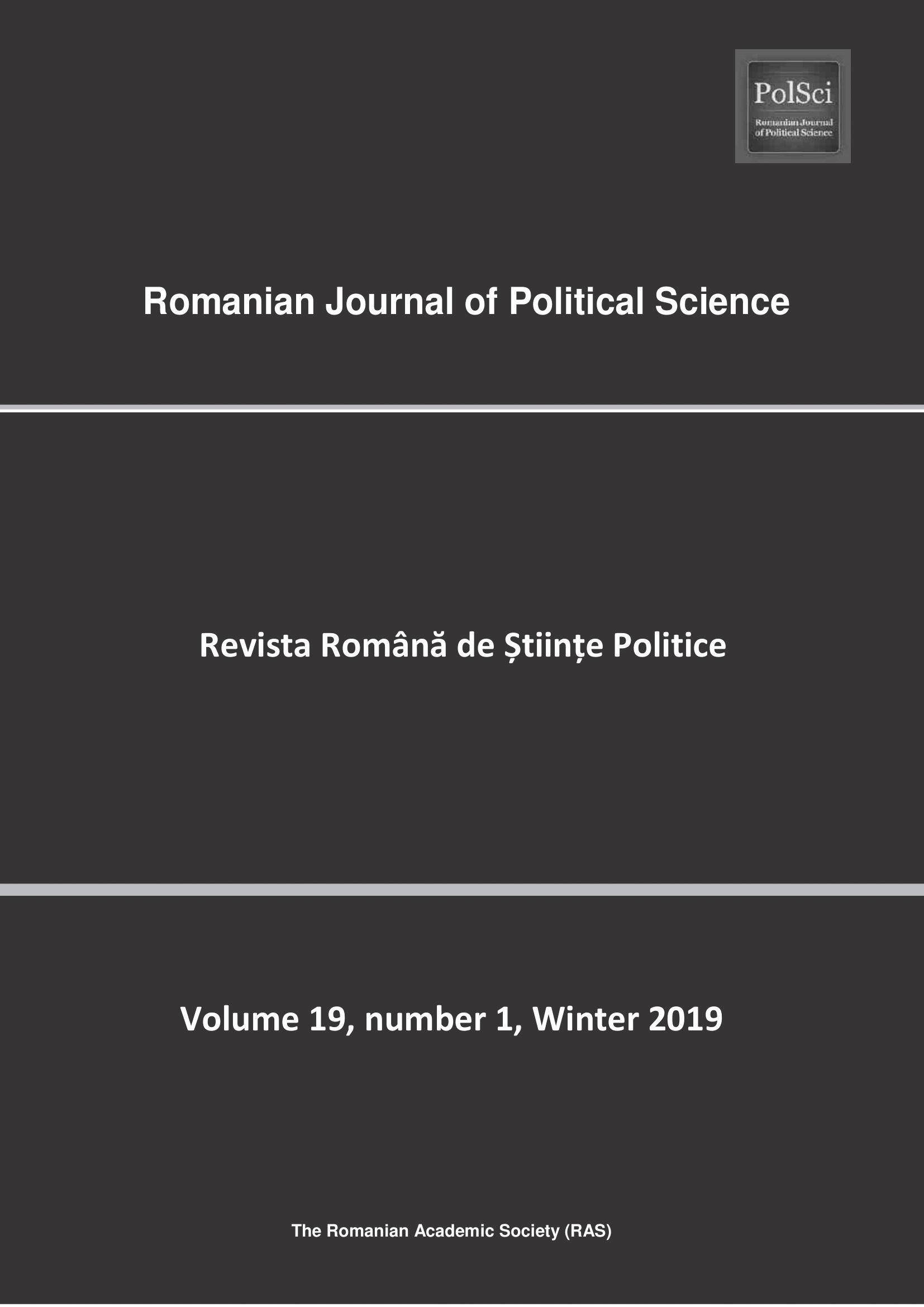
The main purpose of the article is to build a new multidimensional conceptualization of ‘supranational democracy’ in comparative perspective of national democracy and contribute to empirical research. It has to be remembered, however, that on the supranational level it is more difficult to achieve democracy than on a national level. Author went towards identifying the constituent components of the concept of ‘supranational democracy’ and the sources of this phenomenon in the European Union because democracy can have its natural environment not only in the nationstate, but also beyond the state. The theory of supranationalism will be the paradigm of the analysis, but in combination with Multi-level Governance (MLG) and theory of democracy, which is a particular point of reference and a classic reference in the process of explication. This article provides a new approach to the theory of democracy and postulates to integrate a new type of democracy and traditional concept of democracy.
More...
This article investigates the career paths of Central European Members of the European Parliament. Based on an analysis of biographies and the results of a quantitative survey about career ambitions with MEPs from the Czech Republic, Hungary, Poland, Slovakia and Slovenia, this paper outlines both the career paths that lead to the European Parliament and the perspectives for a career after the EP mandate. Central European MEPs are more strongly linked to national politics than the MEPs of the EU-15, and they are even more embedded in their countries of origin than the MEPs of the first directly elected EP were in 1979. However, local politics is a much less frequent recruitment base for future MEPs in Central Europe than in the “old” Member States. The political experience and career ambitions of Central European MEPs disprove the popular myth, according to which the European Parliament is essentially a retirement home for politicians who have no future political goals. The majority of Central European MEPs plan further career steps at the European or national levels, and only approximately a third of them can be considered as “European pensioners”.
More...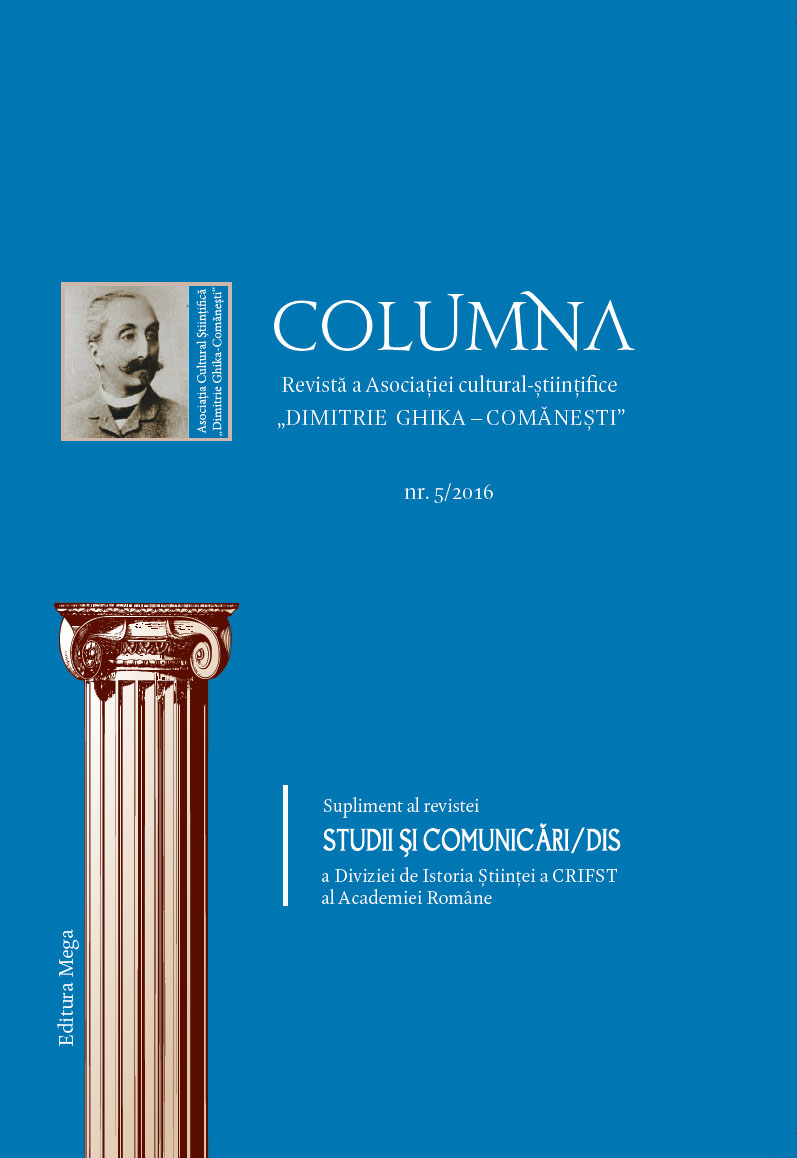
This paper tries to illustrate that he fundamental idea of the European Union is unity in diversity, as a community in which Romania found its rightful place. Defending the interests of all Europe acquires a certain authority not by force, but by the values promoted. Regarded as a new, globalization means openness, mobility, change and innovation in all fields.
More...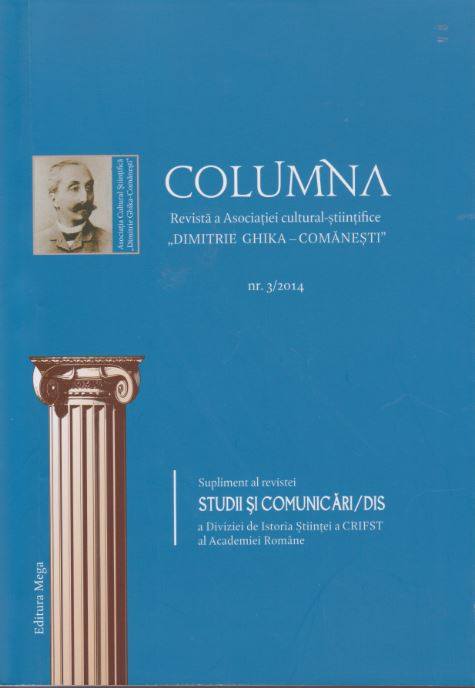
The European Parliament (abbreviated as EU Parliament or the EP) is the directly elected parliamentary institution of the European Union (EU). Together with the Council of the European Union (the Council) and the European Commission, it exercises the legislative function of the EU. The Parliament is composed of 751 (previously 766) members, who represent the second largest democratic electorate in the world (after the Parliament of India) and the largest trans-national democratic electorate in the world (375 million eligible voters in 2009). It has been directly elected every five years by universal suffrage since1979. However, turnout at European Parliament elections has fallen consecutively at each election since that date, and has been under 50% since 1999. Turnout in 2009 stood at 43% of all European voters, ranging from 90% in Luxembourg and Belgium (where compulsory voting is used) to 20% in Slovakia. Turnout was under 50% in 18 out of the then27 member states.
More...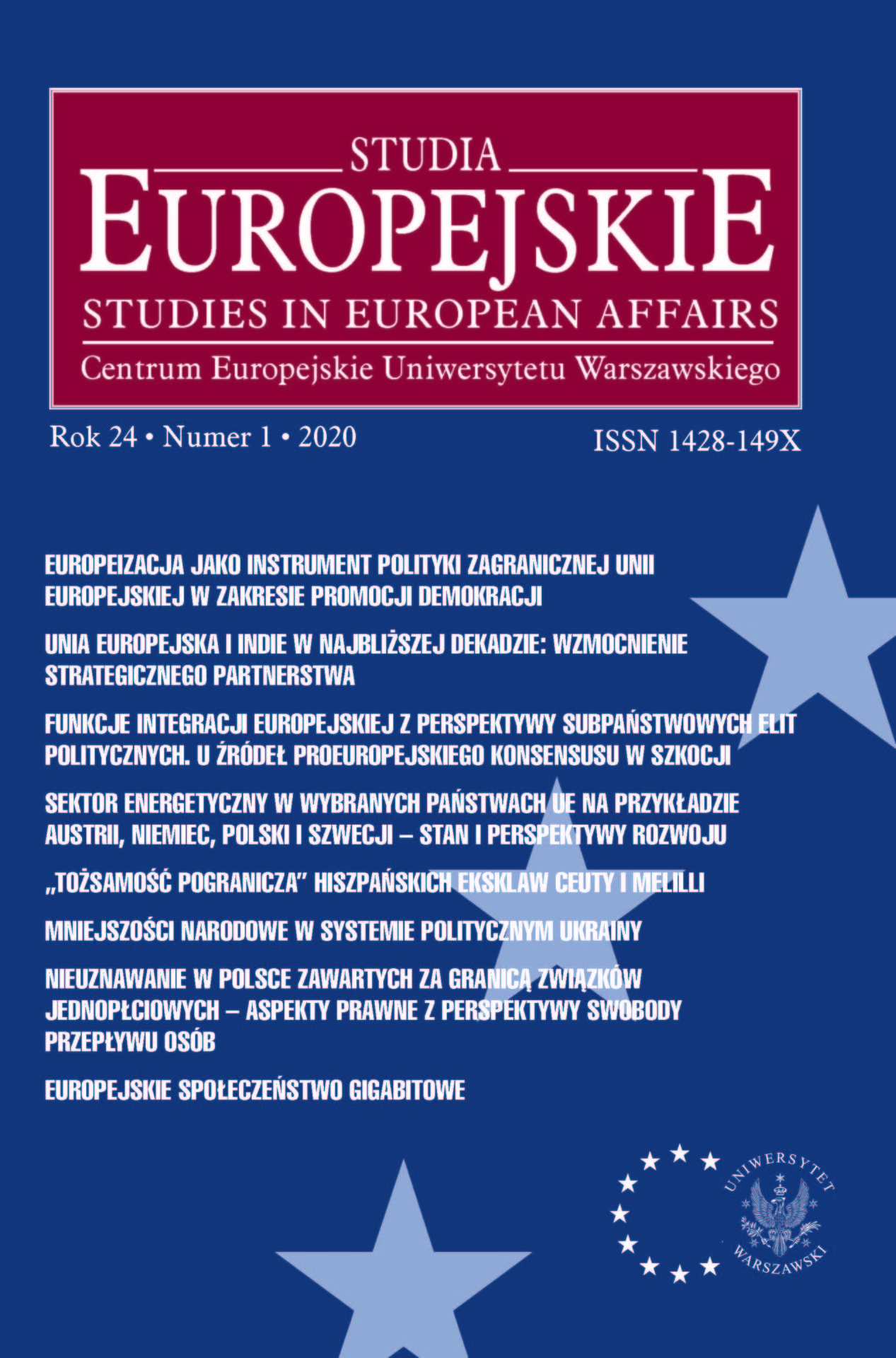
The aim of the paper is to analyze how Europeanization is used as an instrument of the European Union’s foreign policy in the field of promoting democracy in the world. This first requires an indication that all EU activities, including its relations with the international environment, are based on specific normative foundations. They include the so-called European values regarding, generally speaking, the promotion of democracy and broadly understood human rights, as well as strengthening peace in international relations. “European values” are not only political and ideological guidelines, but also legal norms enshrined in EU treaties, so the promotion of democracy is one of the basic goals of the EU’s foreign policy. Analysis of the EU’s promotion of democracy requires the presentation of the main categories used to study this issue, i.e. showing what is understood by Europeanization, as well as by the associated concepts of democratization and socialization. Then mechanisms of Europeanization are examined, as well as its results and evaluation of its effectiveness is provided. In this respect the case study is very helpful, in that it examines the results of Europeanization in relation to the EU partner countries covered by the Eastern Partnership. The paper ends with final remarks constituting a summary of the studied issues.
More...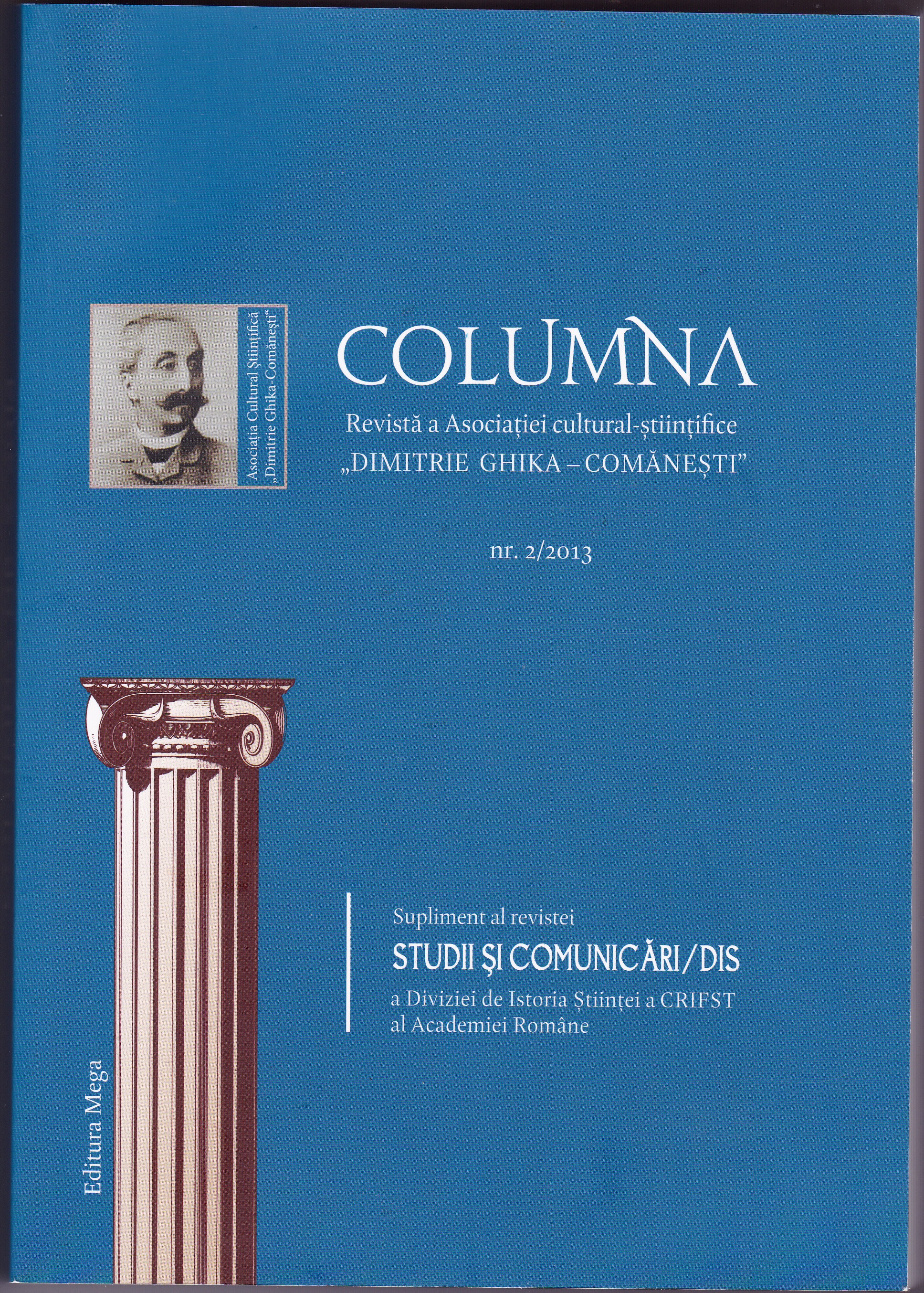
Since the 2008, the first signs of global financial crisis, the European Union began a series of actions and plans that were to be found today under the name: „Europe 2020 – A European strategy for economic and sustainable growth and inclusion favorable”. Innovation has been placed in the center of the EU 2020 strategy for growth and job creation. Romania, with the other 26 Member States adopted its own national targets in these areas. Various actions at European and national level support the strategy. In this respect, the National Authority for Scientific Research was created from the initiative of the Government of Romania, under the guardianship of the Ministry of National Education. The European Union is one of the most scientifically productive in the world but, however, does not provide sufficient areas of global excellence where research generates breakthrough results that may cause structural changes. The main responsibility for building a competitive public science base belongs to the Member States. It is clear that the EU support can add value, as done in the past through various initiatives that have helped create the European Research Area (ERA). It is essential to study how it can the provided funding be used by the Common Strategic Framework to accelerate progress towards a truly unified ERA.
More...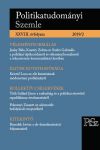
Lóránt Károly: Az Európai Unió jövője és Magyarország mozgástere. Kairosz Kiadó, Budapest, 2015. 224 oldal
More...